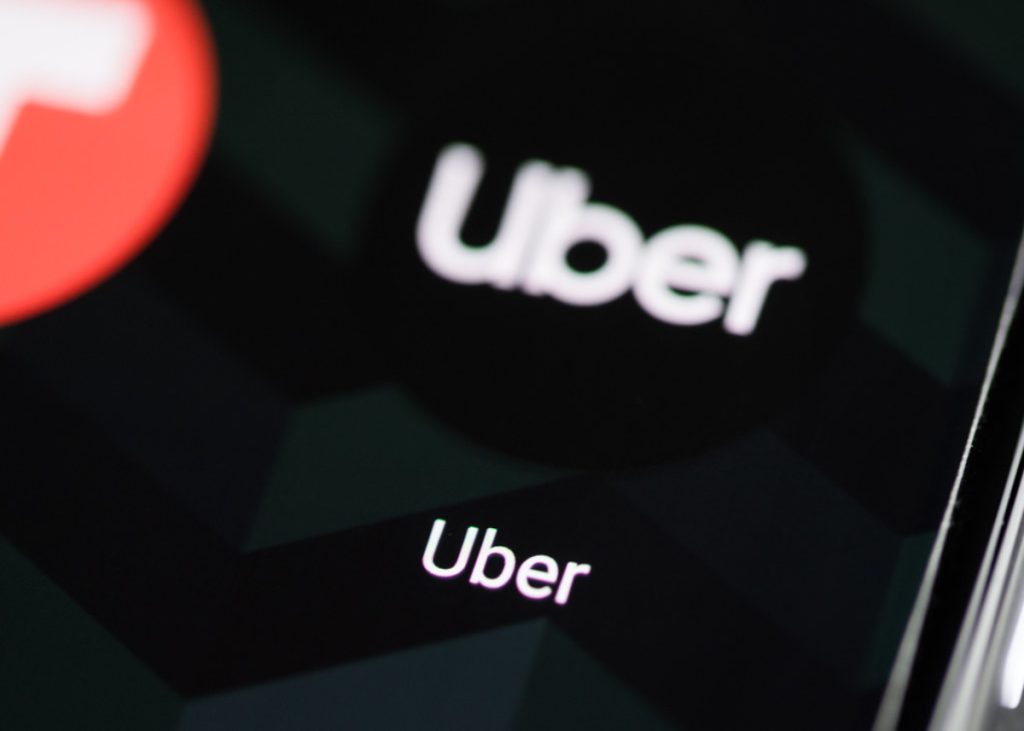By Agency Report
Online taxi firm Bolt has restricted “inter-country” requests between Nigeria and South Africa after the two countries’ social media rivalry reached an all-time high – or low – with people booking and then cancelling rides in the other nation as a prank.
Bolt has, however, taken swift action to address the issue. The company stated, “Bolt is aware of the recent fake ride requests between individuals in Nigeria and South Africa. We’ve swiftly implemented measures to resolve the issue, including restricting inter-country ride requests, and have blocked those responsible from the Bolt app.
The drivers were pawns in this malicious game as they were sent on a wild goose chase to find passengers who weren’t even in the same country.
Munyaradzi Chinyama, a Zimbabwean Bolt driver based in Cape Town, told the BBC he received three ride requests before he realised they were not genuine.
He said he wasted a lot of fuel, time and money.
Bolt told the BBC it had identified and blocked users participating in this cruel game.
“We understand the impact this situation has had on our driver-partners in Nigeria and South Africa,” it said in a statement.
It said inter-country requests would still work between other countries.
Mr Chinyama told the BBC he had been inundated with insulting messages through the Bolt messaging feature that connects drivers with passengers.
He said he was called various names, including “Mandela’s son”.
It is unclear how this “Bolt war” started but social media users in sub-Saharan Africa’s two biggest economies have a long history of trolling each other.
“When I’m bored, I request [Bolt] in Nigeria, akere their brothers are disrespecting us,” one user said on X on Tuesday. This seems to have set off the chain of events and Nigerians swiftly retaliated.
A disgruntled Nigerian driver based in Kano told the BBC he received an order for an airport trip from an international number but the person didn’t show up.
“I tried calling and calling but they didn’t answer. Then they cancelled the trip,” he said.
He said he wasn’t the only victim. Many of his colleagues faced similar issues.
Some social media users rallied behind the drivers, saying they were just trying to make a living.
“Uber and Bolt drivers are just trying to make ends meet. They aren’t on twitter trolling anyone. They are literally trying to earn an honest living. Please leave them alone. And i’m talking to both sides,” one X user wrote.
A second person said: “The bolt challenge is paining me because it’s innocent and hardworking people on both sides that are suffering for the wickedness and thoughtlessness of other people. Really unfair.”
In Nigeria fuel prices have rocketed in recent months. Many drivers would have wasted scarce fuel picking up non-existent customers.
The “Bolt-war” also reportedly caused prices to surge in both countries, leaving many people stranded as they couldn’t afford to pay for their rides.
South Africans and Nigerians often lock horns on social media.
They rowed most recently over the Miss South Africa controversy which saw a half-Nigerian contestant step down following xenophobic abuse.
The two African heavyweights have also pitted their popstars Tyla and Arya Starr against one another and exchanged insults over their national football teams.
Top up Action
By Thursday noon, “South Africans” topped the trend with over 24,000 tweets. But within hours, the hashtag #BoltforBolt emerged in response, with over 30,000 tweets reflecting Nigeria’s counter-challenge.
By Thursday afternoon, the Bolt hashtag had garnered significant traction, trending with 33,000 mentions, while #SouthAfricans accumulated 84,000 mentions and counting.
According to Statista, Nigeria has approximately 5.75 million users on X, while South Africa has over 3 million. While South Africans were engaging in online banter, Nigerians proudly highlighted their country’s large population and strong online presence, reminding South Africa of their trolling capabilities in matters like this.
Other users mocked South Africans for starting a “war they couldn’t win,” knowing that Nigerians, with their estimated 200 million population, have the numbers to mobilise effectively.
Nigerians began ordering Bolt and Uber rides in South Africa in retaliation, replicating the same disruptive tactic. This counteraction led to a further surge in the challenge, with citizens from both countries using social media to either show their support or express their dissatisfaction.
Sowore abhors the row
Omoyele Sowore, the 2023 Presidential candidate of the African Action Congress (AAC) with a radical agenda to pull Nigeria out of the doldrums, wrote in his X handle ‘‘I totally condemn the cyber war on South African internet infrastructure by a group of netizens from ‘Nigeria’ disrupting online transportation services for a majority of fellow Africans because of the misconduct of a few South Africans.
@YeleSowore penned ‘‘It is unacceptable, and I want it stopped henceforth. “Cyber Xenophobia” is as dangerously reprehensible as mental and physical Xenophobia!
‘‘There are millions of South Africans, as well as Nigerians in the Diaspora, that would be adversely affected by this terrible conduct. #AfricanUnite #RevolutionNow’’

